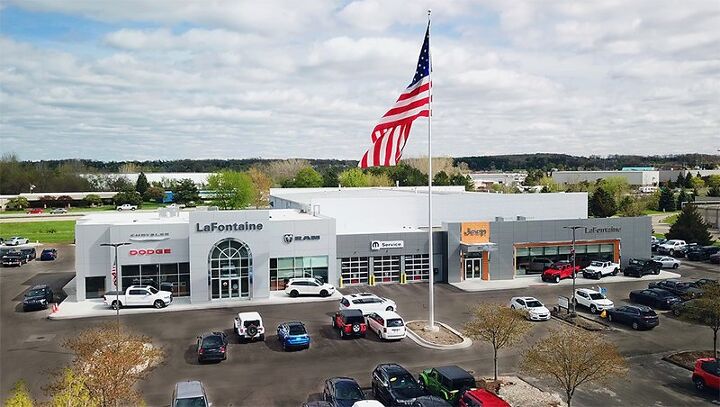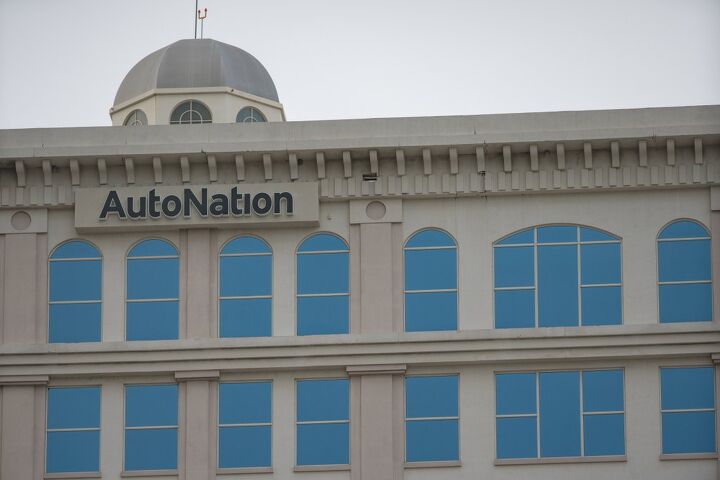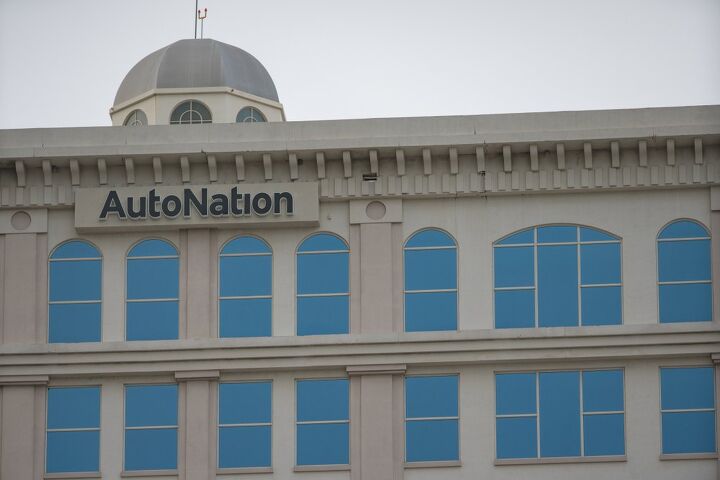#AutomotiveRetailers
Jeep Trick: Top Brass Advocate for Separate Jeep Showrooms
With the house of Stellantis constantly exploring the upper echelons of what customers will pay for a rig with a Jeep badge on its nose, it seems that placing six-figure Grand Wagoneer L models next to entry-level Ram work trucks has become passé. If some corner-office dwellers have their way, Jeeps – or at least the snazzy ones – could earn a place in their own showroom.
AutoNation Ending Aftermarket Collision Parts Division - Shrewd or Crude?
AutoNation’s collision parts division is scheduled to be eliminated by the end of 2020, freeing up some cash after the two-year endeavor proved less than profitable.
Former CEO Cheryl Miller had made it clear that one of her main goals for the company was to ramp up services in an attempt to enhance revenue and diversify the business. But this tactic has proven perilous for the automotive industry at large, often offsetting opportunities to make money with sizable financial risks.
Mobility is probably the best example of this, as its broad enough to encompass everything from self-driving vehicles to subscription models and relies on the market maturing into something that will presumably see returns on investment years down the line. However, AutoNation’s diversification was far more traditional. It seemed like a sure thing, since the collision parts business was forecast to grow over the next five years. In fact, despite being the the largest automotive retailer in the United States, the company actually owes 46 percent of its gross profit to parts and service. Selling cars (both new and used) only accounts for 24 percent — with the rest coming from finance and insurance.
AutoNation Cutting Roughly 3,500 Jobs
After furloughing staff in response to the coronavirus pandemic, AutoNation has gradually allowed employees to return back to work. Half of the 7,000 people asked to take it easy in April won’t be coming back at all, however.
The automotive retailer has decided to permanently cut 3,500 jobs so it can focus on its bottom line and what it has unsettlingly called “the new normal” — a term frequently used to rationalize unsavory actions taken during the health crisis.
With customers unable to leave their homes to purchase cars, it’s to be expected that America’s largest automotive retailer would need to engage in some light restructuring. It also happens to have the best excuse imaginable for nuking a large portion of its workforce. Back in April, when the AutoNation was furloughing employees, it received nearly $95 million in federal small-business funds via the Payment Protection Program (PPP). A subset of anonymous staff members were said to have leaked the details to the media after deciding the firm was taking cash allocated for smaller outfits.
Outrage ensued and the company sheepishly returned the money.


















Recent Comments